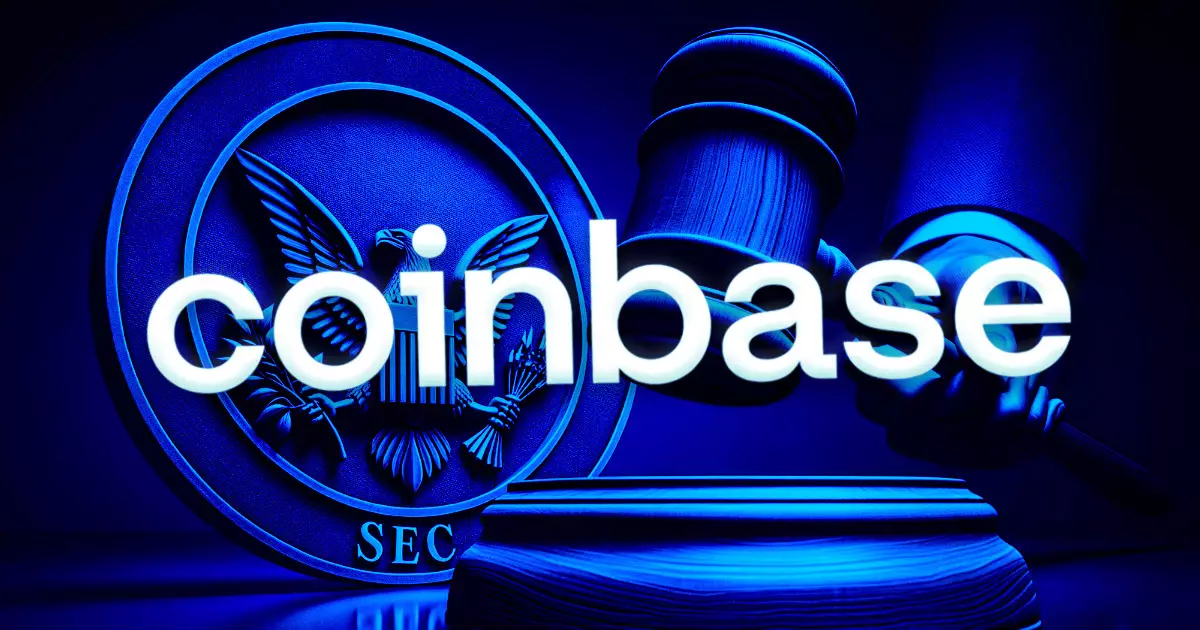In a bold move, Coinbase has openly criticized the Securities and Exchange Commission (SEC) for rejecting its rulemaking petition, denouncing the decision as “arbitrary and capricious.” The crypto exchange’s disapproval was made clear in a petition filed before the US Court of Appeals for the Third Circuit on Mar. 11. Should Coinbase’s petition succeed, the SEC would be obligated to establish clear regulations to demonstrate its authority over digital assets and provide compliance guidelines for the rapidly growing industry.
SEC Denial
Coinbase argued that the SEC’s rejection not only constitutes an abuse of discretion but also violates the Administrative Procedures Act. The exchange further claimed that the regulator failed to offer substantial reasons for dismissing the concerns raised in the petition. Paul Grewal, Coinbase’s legal chief, pointed out the lack of concrete justifications in the SEC’s denial, despite the numerous valid concerns outlined in the petition. Among these concerns was the questioning of the SEC’s jurisdiction over the digital asset realm.
Regulatory Clarity Challenges
The brief submitted by Coinbase highlighted the ongoing struggles faced by the exchange and other cryptocurrency firms in obtaining regulatory clarity from the SEC. This was contrasted with the regulator’s apparent inclination towards enforcement actions rather than providing clear guidance. Grewal emphasized the detrimental effects of the SEC’s regulation-by-enforcement attitude on American consumers and innovation within the industry.
Coinbase clarified that it did not register with the SEC as a national securities exchange or an alternative trading system because it does not deal in securities on its platform. The exchange pointed out the absence of precise regulations from the SEC concerning the application of securities laws to digital assets. Additionally, Coinbase contended that cryptocurrencies are beyond the SEC’s jurisdiction due to the lack of a regulatory framework specifically tailored to digital asset securities.
Grewal underscored the importance of the SEC following the appropriate rulemaking process, even if it believes it has the authority to oversee digital assets. He stressed that the SEC must substantiate its new authority through a transparent rulemaking procedure, allowing the public to comprehend and challenge the regulator’s stance. However, Coinbase argued that this has not occurred in the current context, pointing out that such transparency and adherence to legal requirements are essential components of regulatory governance.


Leave a Reply